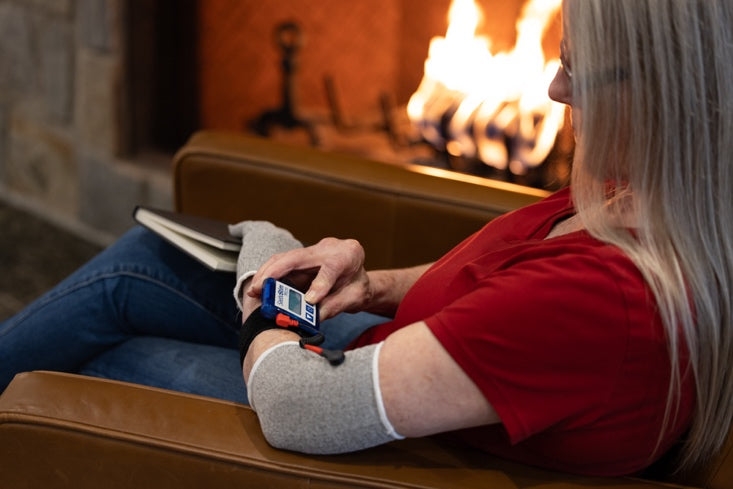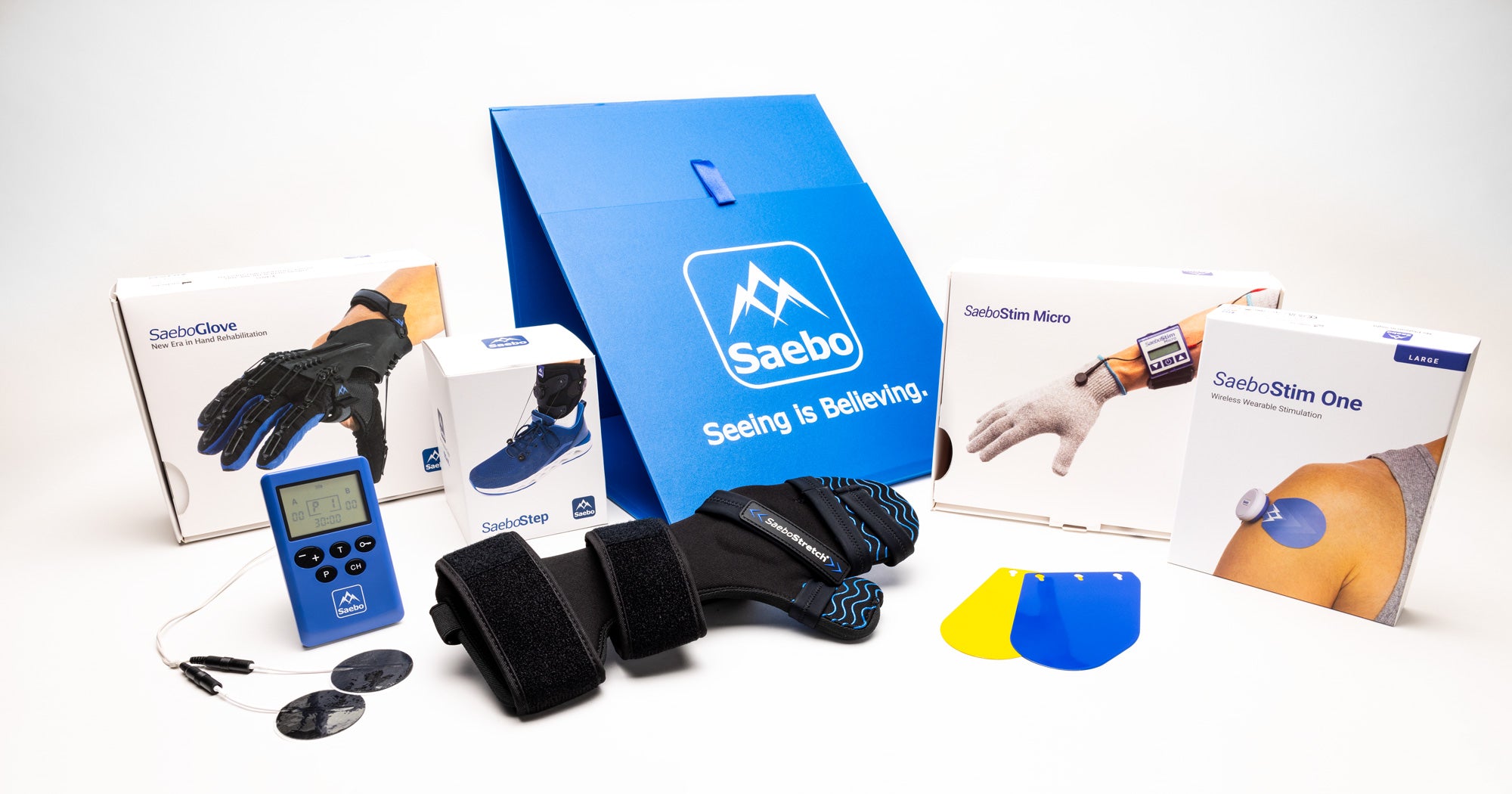
The Benefits of Speech Language Therapy for Stroke Patients

A stroke is one of the most catastrophic experiences an individual can undergo. Strokes often cause temporary or permanent paralysis on one side of the body. Balance, memory, speech, cognition, and vision may also be affected. In addition, muscle spasms and pain are common complications of a stroke. Because of these issues, stroke survivors may have difficulty managing basic tasks such as bathing and dressing. Consequently, it may be challenging for them to continue to manage their roles as spouses, parents, or employees.
One of the most serious complications of stroke is difficulty communicating, with many stroke patients experiencing a decrease in speaking ability. Research shows about 25 to 40 percent of stroke patients suffer aphasia, a disorder that impairs one’s ability to process language. While it does not affect intelligence, aphasia can make it challenging for the patient to speak and understand others, while also impeding their abilities to read and write.
How Occupational Therapists Help

Receiving quality occupational therapy treatment and intervention can significantly improve a stroke patient’s recovery. Research has shown that patients who work with occupational therapists (OT’s) are more likely to regain function in their daily lives and are better equipped to return to independent living. OT’s are essential in helping patients discover new ways of living that benefit themselves and their families.
An OT will conduct an initial evaluation to determine what the patient's needs are in terms of addressing deficits in function. Therapists are a vital resource for stroke survivors as they can offer professional attention and share an understanding of the physical and emotional challenges that come with surviving a stroke.
Because an OT spends so much meaningful time with the patient, they are in the position to recommend a consultation with a speech-language pathologist if the patient is experiencing ongoing difficulty swallowing or speaking. While many stroke survivors will make large gains in the area of speech within the weeks and months immediately following a stroke, with the help of a speech-language pathologist it is possible for improvement to be made well beyond that initial time frame.
Role of a Speech-Language Pathologist

Speech-language pathologists (SLP’s), also known as speech therapists, are important members of the patient care team. SLP’s are able to assess, diagnose, and treat disorders concerning speech, language, cognitive-communication, voice, swallowing ability, and other related issues. Ultimately, the goal of the speech-language pathologist is to help the patient attain the highest level of language and communication function possible.
How SLPs Work With Patients
The SLP addresses issues such as the inability to swallow, which greatly impacts the patient’s ability to function independently. As with other therapists, the SLP assesses each patient and prepares a treatment plan. The SLP may help a patient who has a deficit with language by using specific strategies to retrain word retrieval or recommend participation in group therapy to improve conversational skills, such as taking turns and clarifying ideas. The SLP may also role-play with the patient to practice talking on the phone or interacting with a sales clerk at the grocery store.
In addition, SLP’s interface with other therapists in the recovery process, working together to ensure the patient gets the most meaningful care possible. For example, the SLP may work with a vocational specialist in an effort to prepare the patient for a return to school or work. If the patient does return to either environment, the SLP may coordinate with an educational specialist or employer to modify the learning or work environment to meet the patient’s new needs. If the patient’s cognitive skills are affected, the SLP may teach the patient to use a memory log to keep track of daily occurrences or suggest an organizer to plan daily tasks. Working with the patient and their caregiving team, the SLP strives to increase awareness of any functional deficits so they may be proactively monitored and addressed.
Evaluation of Swallowing Function

One of the most important skills for a stroke survivor is the ability to swallow. This function is closely monitored and is essential to their return to independent living. The SLP will evaluate the patient’s ability to swallow and make recommendations regarding proper positioning, feeding techniques, and possible changes in the consistency of food and drink. In addition, the SLP can help educate the patient and their family and/or caregivers with regards to necessary adaptations.
Finding the Right Speech-Language Pathologist
While there are many challenges faced by a stroke survivor, difficulty articulating words is one of the most significant. The inability to clearly communicate can lead to feelings of isolation and increase the incidence of depression among patients. Thus, enlisting the help and expertise of a speech-language pathologist is one of the greatest benefits available to a stroke patient, and it is important to be aware of the benefits of recommending one when necessary.
All content provided on this blog is for informational purposes only and is not intended to be a substitute for professional medical advice, diagnosis, or treatment. Always seek the advice of your physician or other qualified health provider with any questions you may have regarding a medical condition. If you think you may have a medical emergency, call your doctor or 911 immediately. Reliance on any information provided by the Saebo website is solely at your own risk.
All content provided on this blog is for informational purposes only and is not intended to be a substitute for professional medical advice, diagnosis, or treatment. Always seek the advice of your physician or other qualified health providers with any questions you may have regarding a medical condition. If you think you may have a medical emergency, call your doctor or 911 immediately. Reliance on any information provided by the Saebo website is solely at your own risk.



